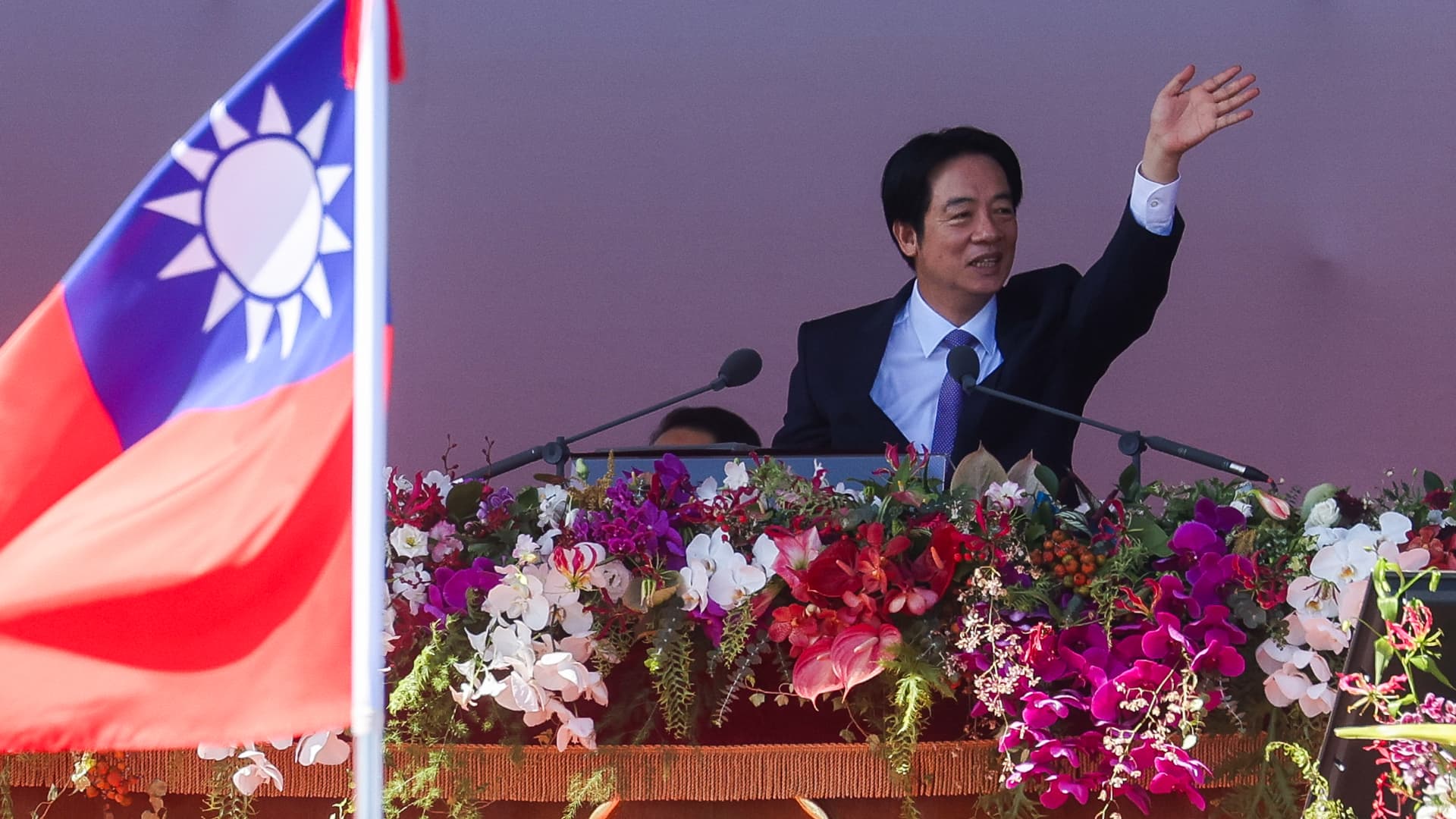Taiwan Pledges $40 Billion Defense Boost Amid Escalating China Invasion Threat
Taiwan is significantly bolstering its defense capabilities, with President Lai Ching-te announcing a substantial $40 billion (1.25 trillion Taiwanese dollars) supplementary defense budget. This strategic move comes as Beijing intensifies its military buildup and infiltration campaigns, aiming to seize control of Taiwan by force as early as 2027.
During a recent press briefing in Taipei, President Lai highlighted the accelerating military preparations by mainland China, emphasizing its goal to assert control over the democratic island. In response, Taiwan is committed to achieving a high level of combat readiness by 2027, signaling its resolute determination to protect its sovereignty and democratic way of life.
Mounting Threats from Beijing
China's military activities near Taiwan have escalated, characterized by frequent drills and persistent "gray-zone harassment." President Lai detailed Beijing's multi-faceted strategy, which also includes an aggressive "infiltration and influence campaign." This campaign leverages various tools to manipulate public opinion and destabilize Taiwan's political and social landscape, ultimately seeking to undermine its democratic institutions.
Lai also drew attention to Beijing's "unprecedented military buildup" and its "intensifying provocations" not only in the Taiwan Strait but also across the East and South China Seas and the broader Indo-Pacific region.
A Standoff Over Sovereignty
Beijing regards Taiwan, a self-governed democracy, as an integral part of its territory, with Chinese President Xi Jinping publicly stating that reunification with the mainland is a "historical inevitability." Taiwan staunchly rejects these claims, asserting its independent status. For years, China has ratcheted up pressure on Taipei, conducting numerous military exercises off the island's coast and issuing strong warnings against any perceived "provocations for independence."
International Repercussions
The escalating tensions have spilled over into international diplomacy. China recently engaged in a diplomatic spat with Japan after Japanese Prime Minister Sanae Takaichi suggested that military action against Taiwan could constitute a "survival-threatening situation" for Tokyo. Beijing condemned these remarks as "egregious" and demanded a retraction.
Adding another layer to the complex geopolitical dynamics, U.S. President Donald Trump held separate phone calls with President Xi and Prime Minister Takaichi. Analysts suggest that Xi likely sought Trump's influence to temper Japan's stance on cross-Strait issues.
Meanwhile, a spokesperson for China's Taiwan Affairs Office reiterated Beijing's firm opposition to any support for Taiwan's independence, criticizing President Lai's Democratic Progressive Party for allegedly hindering Taiwan's growth prospects. Taiwan's defiant pledge to fortify its defenses underscores the deepening resolve in Taipei to safeguard its future amidst an increasingly assertive China.

